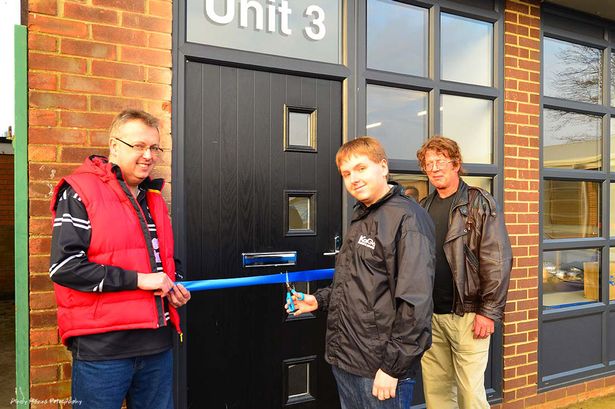Home
Focus Areas
About Us
Artificial intelligence has the potential to "speed up truly transformative innovation in climate critical areas," says the executive secretary of the United Nations Economic and Social Commission for East Europe and Central Asia, but it must be balanced against "risks arising from the large environmental footprints of many current applications of AI, broad fairness, trustworthiness, and ownership concerns, and issues related to access, data security, and privacy."
That's the message from UNECE, which is calling on member states to support the ethical and effective use of AI for driving innovation and PPP investments into climate action and infrastructure resilience, per a press release.
The release notes that public and private investments are needed to make critical infrastructure, including roads, airports, and power plants, more resilient to climate change and extreme weather events.
"AI can be used to monitor and maintain critical infrastructure, ensuring robust responses to environmental stresses and natural disasters," says UNECE's Tatiana Molcean.
But "these opportunities must be balanced against risks arising from the large environmental footprints of many current applications of AI, broad fairness, trustworthiness, and ownership concerns, and issues related to access, data security, and privacy," she adds.
(Here's how AI could help fight climate change.)
Selected Grant News Headlines
A customized collection of grant news from foundations and the federal government from around the Web.
The 19th annual National Philanthropy Day Awards celebration was held at the United Against Poverty UP Center, a former citrus packing facility.A group of honored leaders were acknowledged for their...more
Marilyn Skinner was a dedicated, creative community leader in Kokomo, known for her enriching contributions. Partnering with Altrusa, she organized events to teach junior high students about...more
Cindy Lee Stine was born on December 8, 1954 at Beth Israel Hospital in Newark, NJ.RYOT was expanded in Pike County to include the Wallenpaupack School District.Cindy volunteered to coordinate the...more
Foundation: Maine Community Foundation
Emily Peers of Presque Isle has joined the Maine Community Foundation's Aroostook County Committee.MaineCF's county and regional committees comprise community members who live or work in the...more
Through creative grant funding and collective efforts, these schools are building bridges between education, industry, and civic engagement.These schools are empowering students to make a difference...more
Community Development Halton has been awarded a Fall 2024 grant from the Burlington Foundation.The grant will help empower youth by providing leadership opportunities that amplify their voices in...more
When you consider where someone gives their treasure, or volunteers their time and talent, or connects others with a cause, their heart is there, too! As we approach the end of the year and share in...more
Foundation: National Philanthropic Trust
Charitable Dollars Rose 3.7% Through June the Largest Second-Quarter Jump in 4 years.Half of Nonprofit Leaders Cited Donor Acquisition as a Top Challenge this year.The value of a volunteer hour...more
Stakeholders in philanthropy demand policy framework for volunteerism in Ghana.Stakeholders at the Ghana Philanthropy Conference 2024 have called on the government to implement a deliberate national...more
On November 14, 2024, at COP29 in Baku, Azerbaijan, the Sustainable Debt Coalition (SDC) brought together finance ministers, climate finance leaders, and civil society representatives.The event...more
Civic Engagement News from...
AARP Foundation
Maine Community Foundation
National Philanthropic Trust
Community Foundation of Tompkins County
Quad Cities Community Foundation
MetLife Foundation
Arkansas Community Foundation
Rose Community Foundation
Community Foundation for Greater Atlanta
Latino Community Foundation
Social Entrepreneurship
Spotlight
Hexham Social Enterprise Launches Workshop to Provide Training for the Unemployed

A Gilesgate-based shop and community facility, Hexham’s Core Music, launches a separate workshop where up to six people will be trained how to repair guitars and make ukuleles. The European Social Fund grant supported the project and has secured funds through the County Durham Communication Foundation to equip the workshop in Burn Lane.










